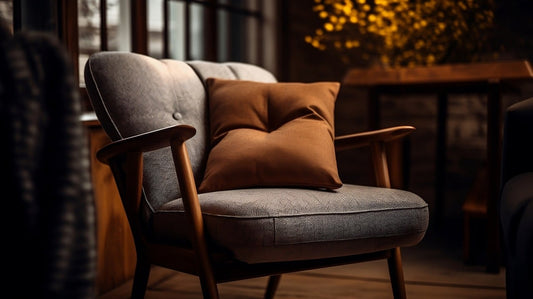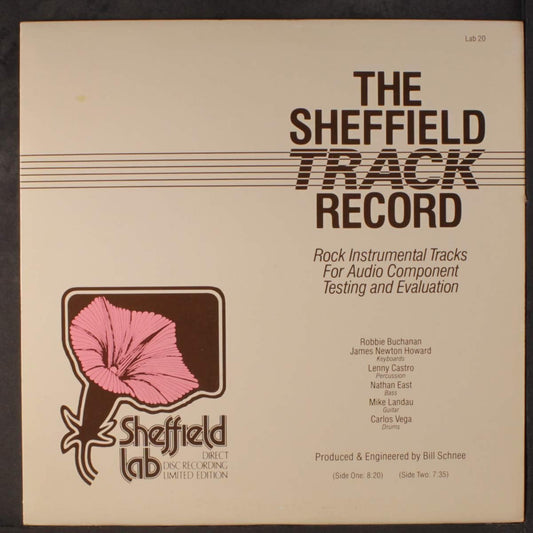In the mid 1970's every piece of high-end audio equipment had a power switch to turn the unit on and off. We were among those that changed all that forever.
Power switches were necessary with tube equipment because tubes start to degrade from the moment you turn them on until finally they just need to be replaced. Transistors, on the other hand, live essentially forever and work better when left on. They certainly sound better when on for a long time.
When we built our first product, the little phono stage, we were too cheap to put on any controls - including a power switch - there was but a line cord and an LED on the front. Our intention was for you to plug it in and leave it on as we had already figured out it sounded better after being on for some time.
The first hint of trouble on the farm came in the form of a return - which was not anything new as we offered an unconditional money back guarantee - so we'd occasionally get a unit back. But this unit came back with the attached power cord hacked up and a switch placed in the middle so the user could turn the unit on and off. Curious and slightly miffed we wrote a letter (no email at the time) to the customer asking why he went to all the trouble to put a switch in the power cord. The answer surprised us: "The light stayed on when I wasn't using it and this bugged me".
Then a light bulb in our heads went on. If we added a "power" switch to our units that merely turned the LED light on and off but left the circuitry active, we'd be happy and so too would the customers. From that point on every product we produced had a "power" switch that did two things: muted the outputs and turned off the light - power was never turned off. Because of this PS equipment has always been ready to sound its best from the instant you turned it on.
Today it is standard practice with most equipment (except tubes and power amplifiers) to simply turn off the front panel lights or display and leave everything else running. Why? Because anything with a remote control must stay on to be activated by the remote.
So the next time you turn "off" your PS equipment remember that we're keeping the home fires burning for your listening pleasure, we just remember to turn the lights off before we retire for the evening.








